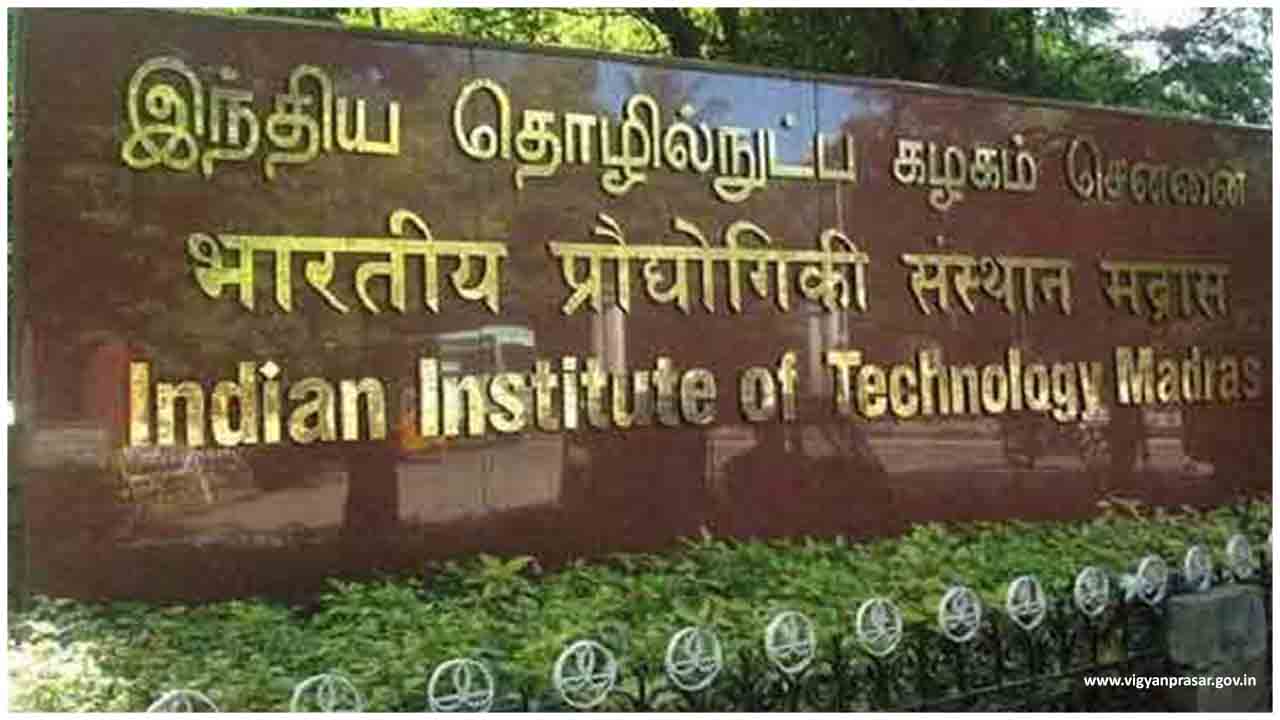A team of researchers from IIT Madras, Cancer Institute, Sree Balaji Dental College and Hospital, Chennai, and Indian Institute of Science (IISc) Bengaluru have identified a specific microRNA (miRNAs) called ‘miR-155’ that is over-expressed in tongue cancer. MicroRNAs (miRNAs) are small Ribo Nucleic Acid. They are non-coding RNAs involved in the regulation of a variety of biological and pathological processes, including the formation and development of cancer. This finding is important in that molecular strategies can potentially be devised to manipulate miR-155 expression to develop therapeutics for tongue cancer.
The main function of miRNA is to silence the expression of the other genes. If the silence oncogenes then the cancer will be suppressed. On the other hand, if they suppress tumour suppressor gene, the cancer will progress. Accordingly, miRNA can act as oncogenes or tumour suppressor genes depending on what they act upon. “There are only two therapeutic approaches that can be possible. If the miRNA has been shown to work as oncogenes, then one wants to inhibit; this is known as miRNA inhibition therapy. If the miRNA acts as tumour suppressor genes, then you want to introduce to the system so that tumour can be suppressed; such therapy is called miRNA replacement therapy,” said, Prof. Karunagaran, Head, Department of Biotechnology, IIT Madras, while speaking with India Science Wire. miRNA manipulation is being combined with conventional cancer treatment methods such as chemotherapy, radiotherapy, and immunotherapy, and the study reported by collaborative team can enable such emerging therapeutics for cancer.
Elaborating about this research, Prof. Karunagaran said, “miRNA is already known to be an oncogene in tongue cancer and has been found to play important roles in many cancers, in carcinogenesis (start of cancer), malignant transformation and metastasis – the development of secondary cancer. The miRNAs associated with cancer are called ‘Oncomirs’.”
Further, Prof. Karunagaran added, “Many of the oncomirs affect cancer by suppressing the performance of tumour-suppressing agents that can prevent growth and spread of cancer cells, although some oncomirs are also involved in preventing tumour growth itself. It is, therefore, important to identify the types of miRNAs that are associated with both suppression and proliferation of cancer cells.”
miRNAs affect cancer growth through inhibiting or enhancing the functions of certain proteins. For example, it has been shown that a type of protein called ‘programmed cell death 4’ (pdcd4) helps in stopping cancer cells from growing and spreading. Inhibition of this protein has been known to cause spread of oral, lung, breast, liver, brain and colon cancers.
The team has gone beyond showing the connection between miR-155 and pdcd4. They have also shown that knocking out miR-155 causes death of cancer cells, arrests the cell cycle, and regresses tumour size in animal models and reduces cell viability and colony formation in bench top assays.
Adding on, Shabir Zargar, research scholar said, “While it has been long suspected that miR-155 downregulates pdcd4, there have, hitherto, been no evidence for such interaction.”
The collaborative team headed by Prof. Karunagaran has shown that miR-155 is overexpressed in tongue cancer cells and tongue tumour tissues. This ‘overactivity’ of miR-155 hinders the action of pdcd4, which, in turn, causes spread and growth of cancer of the tongue.
“Our study has shown that the restoration of pdcd4 levels through molecular manipulation of miR-155 can lead to potential therapeutic developments for cancers, especially of tongue cancer,” said Prof. Karunagaran.
The research findings have been published in the journal Molecular and Cellular Biology. The research team included Shabir Zargar, Vivek Tomar, Vidyarani Shyamsundar, Ramshankar Vijayalakshmi, Kumaravel Somasundaram, and Prof. Karunagaran.

 A new breakthrough by IIT Chennai along with others shows new direction in treatment of tongue cancer
A new breakthrough by IIT Chennai along with others shows new direction in treatment of tongue cancer










.jpeg)

.jpeg)
.jpeg)

.jpeg)


.jpeg)



.jpeg)
.jpeg)
.jpeg)


.jpg)


.jpeg)
.jpeg)